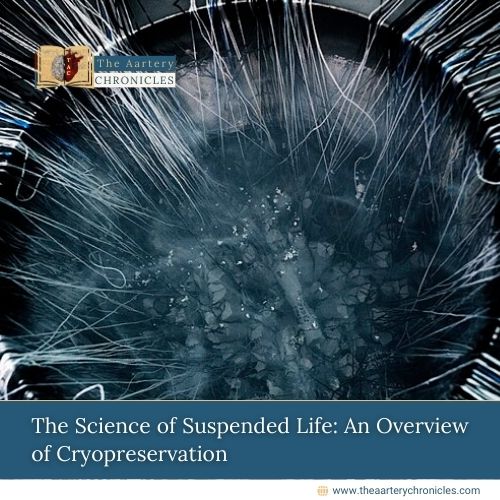

Ancient Origins: New Insights into the Age of LUCA
Overview
The ‘Genesis of Life on Earth’ is probably the most ancient and persistent mystery. From modest beginnings to complex creations, life on Earth has endless astounding forms. The biological event of the origin of life is so old that it left behind no clear proof except for the presence of life itself.
However, numerous theories and hypotheses exist about the origin of life on Earth. Some include a combination of climatic, chemical, and geological aspects that gave rise to life on Earth.
One such hypothesis revolves around LUCA or the Last Universal Common Ancestor. A recent study indicates that LUCA might be much older than the scientists initially thought.
What is LUCA?
The last Universal Common Ancestor is believed to be the oldest progenitor from which all current life descends. LUCA is not a particular organism but a theory that signifies the current population of organisms from which all other life forms share a common ancestry. LUCA is foundational to the emergence of life, which diversifies into three prime domains: Archaea, Eukarya, and Bacteria.
LUCA’s age
The oldest fossil evidence of life can be traced back to around 3.4 billion years ago. Some theories suggest LUCA to be as old as Earth itself about 4.5 billion years. However, there are arguments surrounding this as it would take significant time to develop DNA replication systems and genetic code.
The Study
The research revolved around the reconstruction of LUCA’s genome and analysis of the genes that allowed LUCA to survive. Researchers from the University of Exeter and Bristol worked on this study that indicates that LUCA existed earlier than initially believed.
Methods and Materials
Researchers used several phylogenetic modeling techniques and genomic analysis for the reconstruction of LUCA’s genome and compared the genetic mutations across various species to interpret LUCA’s estimated age and other biological features.
- Genetic Analysis: Researchers analyzed 6.1 million protein-coding genes and 286,514 clusters of protein from prokaryotic genomes to recognize proteins that are likely to be common to LUCA with an emphasis on 355 ancestral protein clusters
- Phylogenetic reconstruction: Researchers constructed a tree of life from 350 archaeal with 350 bacterial genomes and estimated LUCA’s presence using molecular clock analysis to be 4.2 billion years ago.
Findings of the Study
The study estimates LUCA’s presence approximately 4.2 billion years ago considerably earlier than what was initially believed. Which indicates that life originated on Earth considerably earlier, approximately around few hundred million years of the formation of Earth.
Characteristics of LUCA
- According to experts LUCA resembles a modern-day bacterium, it is a prokaryotic organism with complex biology having 2600 protein-coding genes in the genome.
- LUCA is believed to possess an immune system, DNA for storage of genetic information, and autotrophic and anaerobic biological systems
- LUCA’s metabolism is found to be significantly complex including the reverse Krebs cycle and Wood–Ljungdahl pathway.
Conclusion
The study proves that life emerged significantly earlier than previously believed. Studies and evolutionary research on such topics are instrumental in shaping our understanding of our origin. This study provides insights into complex and sophisticated organisms that walked on Earth around 4.2 billion years ago and played a vital role in the evolution of life.









